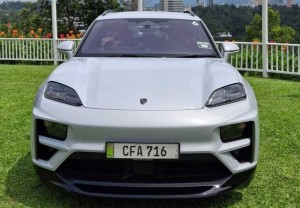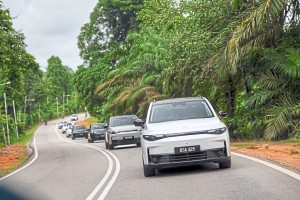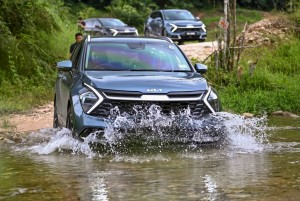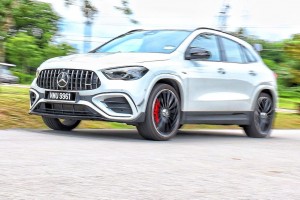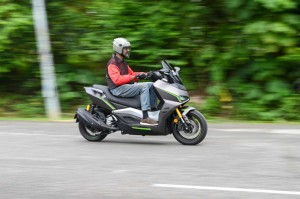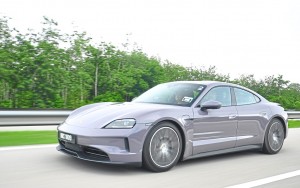Lim.
KUALA LUMPUR: Sales of electric vehicles (EV) may have increased over the years, but this factor isn’t enough to justify placing more charging stations across the country, says Yinson Holdings Bhd chief executive officer Lim Chern Yuan.Yinson Holdings is the parent company of Yinson GreenTech, which operates chargEV, Malaysia's largest EV charging network.
According to Lim, one of the moves that drove EV sales was low taxes, which led to an increase in sales. Currently, there are about 38,000 EVs on the road.
“But it is still not enough to justify putting infrastructure throughout the country,” he said during a panel discussion titled “Asean EV Implementation Roadmap” at the Asean Economic Opinion Leaders Conference: Outlook for 2025 yesterday.
“We are still working with regulators to see how we can speed up infrastructure,” he added.
Lim said Asean needs a unified strategy to boost the region’s EV industry, as it is important for the region to move beyond assembly-focused models, as it is low value-added and creates lower-paying jobs.
“We need to shift towards high-value areas such as semiconductors, batteries and software engineering.”
He also described Malaysia’s semiconductor industry as a significant contributor to the EV ecosystem.
“China developed a full supply chain due to its strong domestic market, and Asean must take a holistic approach by deciding which countries focus on which sectors rather than competing with each other.
“Fragmented policies will only hinder our ability to compete globally,” said Lim.
He stressed the importance of strengthening domestic demand for EVs across Asean as it is a crucial step to attract investment and develop the regional EV ecosystem.
“In Taiwan, for instance, there is strong backing for battery-swapping stations and the after-sales ecosystem, including maintenance shops for EV bikes, and this is an approach Asean countries should consider adopting to build consumer confidence,” he added.

Lim urged Asean countries to invest in high-value industries such as software engineering for advanced driver assistance systems and renewable energy technologies.
“Asean must replicate such initiatives to build customer confidence and attract investments in the EV sector.”
Malaysia aims to have 10,000 public EV chargers by 2025.

